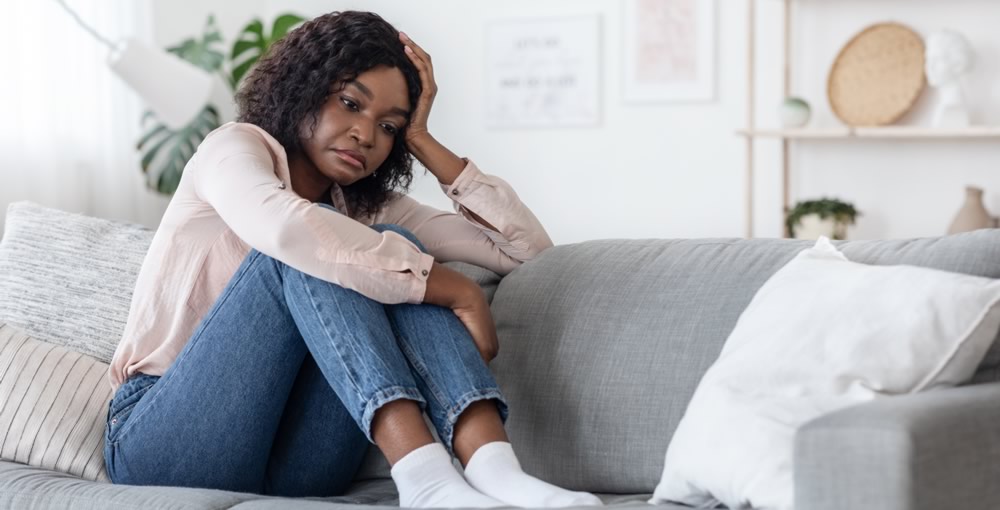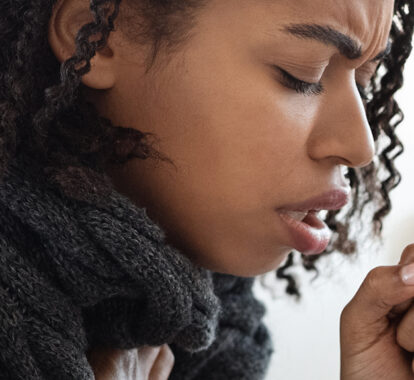CDC shortens COVID-19 isolation period from 10 to 5 days
December 30, 2021

Nineteen months into the COVID-19 pandemic, the Centers for Disease Control (CDC) is making changes to the recommended time periods for isolation and quarantine based on scientific research that shows that most SARS-CoV-2 transmission occurs early in the course of illness, generally in the 1-2 days prior to onset of symptoms and the 2-3 days after.
“As the CDC and medical experts have shared from the onset of the pandemic, SARS-CoV-2 is a novel or new virus and there was a lot to learn through the trials of those contracting the disease,” said Texas MedClinic Chief Operating Officer and practicing physician Dr. David Gude. “The current changes on isolation and quarantine timeframes are possible because the new Omicron variant develops more quickly into an active infection. Patients are able to clear the infection more quickly, reducing the amount of time they are contagious,” said Gude.
Here’s the changes that you need to know:
Isolation = No contact with anyone, including those within your household.
- If you test positive for COVID-19 you must isolate for 5 days. On day 6, if there is no fever and symptoms are residing, you can leave isolation IF you continue to mask for 5 days to minimize the risk to others.
Quarantine = No contact with those outside your household.
Exposure = Closer than 6 feet for greater than 15 minutes over a 24-hour period with an individual that is confirmed or suspected of having COVID-19.
- If you are unvaccinated and have been exposed to COVID-19, you must quarantine for 5 days followed by strict mask use for an additional 5 days.
- If you are vaccinated but are more than six months out from your second COVID-19 mRNA dose or more than 2 months after the J&J vaccine and have not received a booster, and you have been exposed to COVID-19, you must quarantine for 5 days followed by strict mask use for an additional 5 days.
- If quarantine is not feasible, it is imperative that an exposed person always wear a well-fitted mask when around other people for 10 days after exposure.
- If you have received a booster shot, you do not need to quarantine following an exposure, but should wear a mask for 10 days after the exposure.
- For all those who have been exposed to COVID-19, best practice would also include a test for SARS-CoV-2 at day 5 after exposure. If symptoms occur, individuals should immediately quarantine until a negative test confirms symptoms are not attributable to COVID-19.
New data on COVID-19 vaccine effectiveness
Data from South Africa and the United Kingdom demonstrate that vaccine effectiveness against infection for two doses of an mRNA vaccine is approximately 35%. A COVID-19 vaccine booster dose restores vaccine effectiveness against infection to 75%. COVID-19 vaccination decreases the risk of severe disease, hospitalization, and death from COVID-19. CDC strongly encourages COVID-19 vaccination for everyone 5 and older and boosters for everyone 16 and older. Vaccination is the best way to protect yourself and reduce the impact of COVID-19 on our communities.





